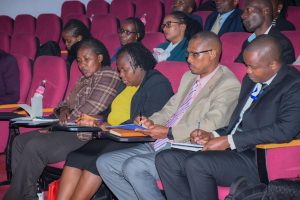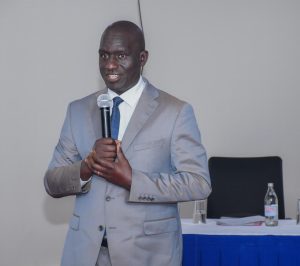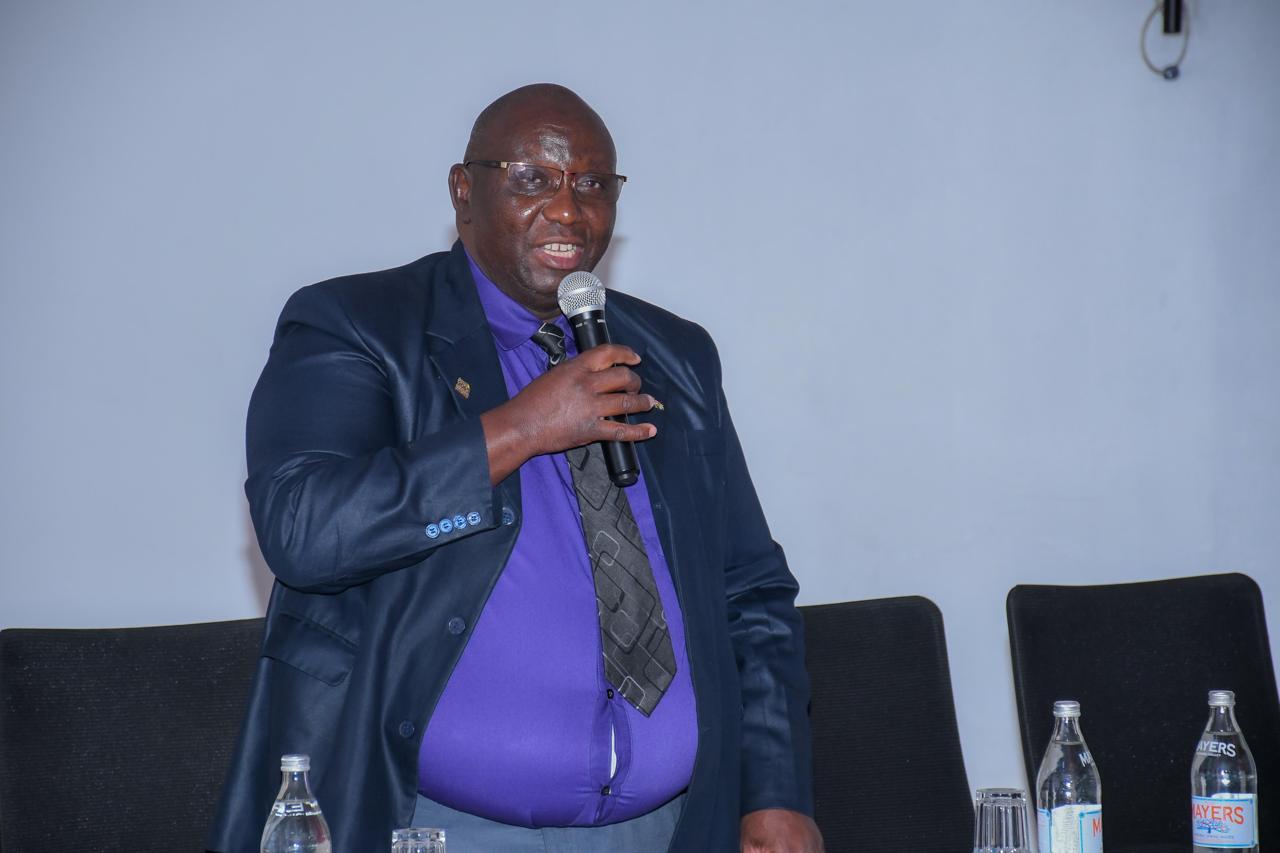Re-launching of Kenya’s Technical Standing Committee on South-South Cooperation.
The Re-launching of South-South Cooperation Technical Standing Committee was held yesterday by the State Department for Economic Planning at the Kenyatta International Convention Centre (KICC), Nairobi. South-South Cooperation (SSC) is a United Nations initiative where developing countries share knowledge, skills, and technology to boost trade and investment amongst themselves. It aims to reduce reliance on traditional North-South aid by fostering mutual support and resource-sharing. Formally adopted in 1978, the SSC framework encourages Technical Cooperation among Developing Countries (TCDC), guided by the Buenos Aires Plan of Action (BAPA). Over the years, various high-level forums like the South Summits and UN conferences have upheld principles of solidarity and equality among developing nations. Kenya has actively practiced SSC since 1963, benefiting from technical cooperation agreements that enhance trade with southern Partners.
However, Kenya lacks a coordinated institutional framework to manage SSC effectively, leading to fragmented efforts and weak coordination with Triangular Cooperation.
“Despite hosting the 2009 UN Conference on South – South Cooperation and efforts to institutionalize South-South Cooperation through a Standing Committee and a South-South Centre, Kenya faces challenges in sustaining these initiatives. The country now seeks to re-launch a Standing Committee to better manage this Cooperation, aiming to improve coordination and establish a robust institutional platform,” said Mr Timothy Gakuu, Economic Planning Secretary (EPS).
Presently, SSC activities in Kenya are coordinated within the State Department for Economic Planning with committee members from various Ministries, Departments and Agencies. The re-launch of an expanded Standing Committee on South-South and Triangular Cooperation aims to enhance SSC management. This Committee will develop a work plan, schedule meetings, and report biannually on progress and recommendations.
In conclusion, establishing a dedicated institution for SSC management remains crucial to leveraging collective strengths for sustainable development and maximizing the benefits of SSC with developing partners globally.
Among those present were: Planning Director James Maina in charge of International Economic Partnerships and Frameworks Coordination,representatives from various State Departments, Ministries and Agencies.








